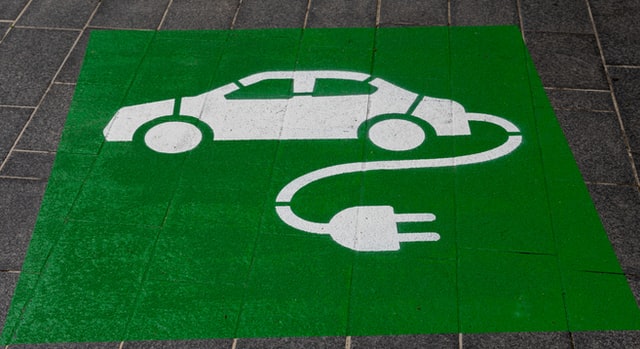
Boris Johnson’s trendsetting remarks in the UN on strengthening environmental protection
In front of the global audience, UK Prime Minister Boris Johnson has called for many dramatic environmental changes in the General Debate of the United Nations General Assembly. Some the notable goals include the suggestion for all countries to cut carbon emissions by 68% by 2030. He looks forward to a “green industrial revolution”.
To achieve these goals, he raised four areas for changes and target setting, namely to (1) stop using coal power, (2) switch to zero emission vehicles, (3) climate finance, and (4) reverse tree losses.
His noteworthy proposal for the world to fully turn to zero emission vehicles
Specifically, Johnson advocated that the world should allow only zero emission vehicles on sale by 2040.Johnson also mentioned the likewise move towards introducing “carbon-free passenger plane”.
This idea is in line with the growing awareness on clean transportation in different parts of the world. For instance, California state requires all new cars sold to be free from emission by 2035.
Apparently, this inspiring target aims at changing our behaviour and way of thinking. Today, many of us choose the fuel type based on a myriad of considerations, from economic to personal preferences.By compelling us to choose the zero-direct-emission option, the proposal is sending a strong educational message to live in a more environmentally responsible manner.
How we can do more than Johnson’s suggestion?
Transportation is without doubt a vital part of our lives. However, changing that aspect alone is not enough to revolutionise our way of thinking. There should be a more comprehensive switch to electric alternatives in our daily lives. Here are a few quick examples:
Electric vs. Gas: heat appliances such as water heaters, grills and cooking stoves
The switch to electric options at home can make a difference. It was reported in 2021 that “7 percent of U.S. fossil-fuel energy is used for something fairly banal: residential space and water heating”.
Gas appliances cause pollution, according to a report from the University of California Los Angeles. The report observed that “approximately 12,000 tons of CO and 15,900 tons of NOX were emitted to outdoor air from the use of residential gas appliances in California in 2018”.
Lighter-burned cigarettes vs. Electric-heated cigarettes vs. No smoking
All kinds of smoking are bad for both health and environment. However, for the present purpose of comparative discussion, electric-heated cigarettes cause less pollution than conventional smoking with a gas lighter.
Categorically, there are two types of cigarettes that apply electric heat. The first one is known as “electronic cigarettes” (“e-cigarettes”) which applies electric heat to liquid nicotine. The second type is called “non-combusted cigarettes” (also known as “heat-not-burn” cigarettes), which utilizes electric heat to cause smoke.
In a briefing from the University of California San Francisco’s Centre for Tobacco Control Research and Education, it was explained thate-cigarettes “do not generate any sidestream smoke”. Given that they “do not burn tobacco, they do not put combustion products into the air” and have a “lower level of nicotine pollution” than conventional ones.
In terms of the difference in pollution level between conventional cigarettes and “heat-not-burn” cigarettes, it was explained in a 2020 study published in the journal “Aerosol Science and Technology” that:
“A key difference between conventional cigarettes and [“heat-not-burn” cigarettes] is that the tobacco in a cigarette burns at temperatures higher than 600°C, generating smoke that contains harmful chemicals. In contrast, in the [“heat-not-burn” cigarettes] the tobacco is heated up to lower temperatures (below 350°C) in an effort to produce lower amounts of air toxics.”



